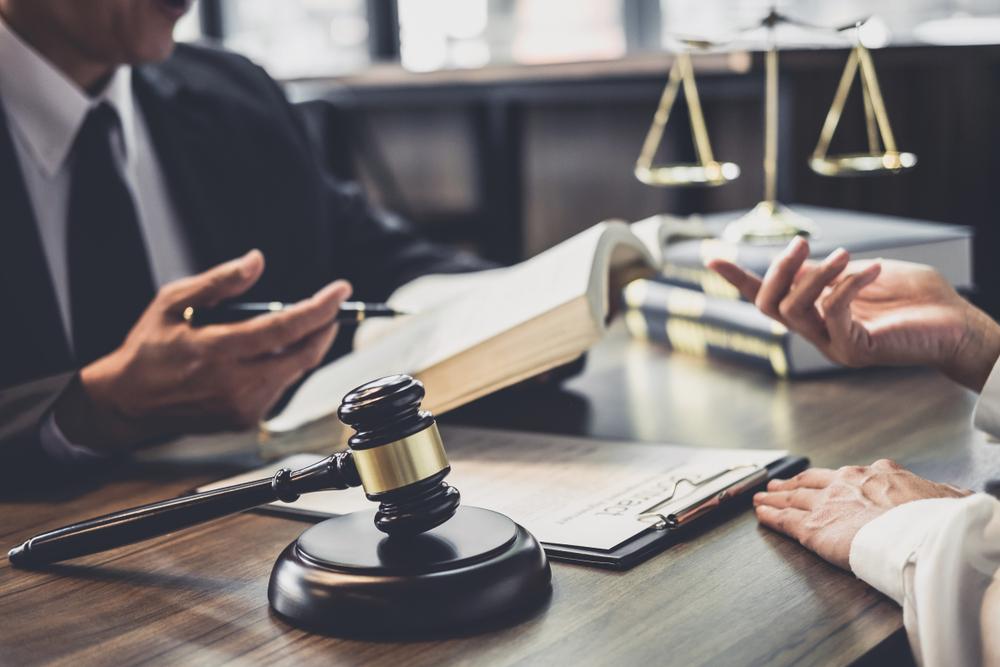Insurance plays a vital role in personal injury cases, as it can provide Financial protection and peace of mind to those injured. In many cases, insurance can help cover the cost of medical treatment, lost wages, and other expenses incurred due to an injury. Additionally, insurance can help to ensure that Victims receive the compensation they deserve by providing coverage for damages that may be awarded in a personal injury lawsuit.
For these reasons, those Injured need to seek the assistance of an experienced personal injury attorney who can help them navigate the complex claims process and ensure their rights are protected. If you or someone you love has been harmed, don’t hesitate to Contact a personal injury lawyer.
How to maximize Insurance Compensation in Personal Injury Cases?
You can do several things to maximize your insurance compensation in personal injury cases. First, you must hire an experienced and reputable attorney specializing in Personal injury law. This will give you the best chance of success in terms of getting the highest possible compensation for your Injuries.
It is also essential that you can prove the negligence of the other party involved in the accident. This will require gathering evidence and witnesses to support your claim. The more evidence you have, the stronger your case will be and the more likely you will receive a higher compensation amount.
Different Types of Insurance involved in Personal Injury Cases:
Many different types of insurance can be involved in personal injury cases. The most common type of insurance is liability insurance, which is typically required by Law for drivers. This type of insurance covers damages that the policyholder causes to someone else. If you are involved in an accident, and it is determined that you were at fault, your Liability insurance will pay for the other Person’s damages.
Another type of insurance involved in personal injury cases is uninsured/underinsured motorist (UM/UIM) coverage. This type of insurance protects you if you are hit by a driver who does not have any insurance or does not have enough insurance to cover your damages. UM/UIM coverage is not required by Law, but it is something that you should consider purchasing if you do not have other types of health or car insurance.
Lastly, health insurance can also involve Personal injury cases if you are injured and need medical treatment. Your health insurance will typically cover your Medical bills related to the accident. If you do not have health insurance, you may still be able to get medical treatment through a Personal injury protection (PIP) policy or by filing a lawsuit against the responsible party.
How Insurance can help cover Medical expenses in a Personal Injury case:
The injured party usually has many medical expenses whenever someone is hurt, whether in a car accident or some other type of accident. These medical expenses can be costly, and often the injured party cannot pay them. This is where insurance can help.
Most people have insurance, whether through their job, privately, or via a government program like Medicare or Medicaid. This insurance can help cover the medical expenses incurred as a result of a personal injury. Sometimes, the at-fault party’s insurance will pay for these medical expenses directly. Either way, having insurance can be a huge help in covering medical care costs after a personal injury. If you face such costs, be sure to talk to your insurer about what coverage may be available.
How to File a Personal Injury Claim with Insurance?
If you’ve been Injured in an accident, you may wonder how to file a personal injury claim with insurance. The first step is contacting your insurance company and telling them what happened. Be sure to have all the facts ready, including any police reports or medical records.
Once you’ve contacted your insurance company, they will send you a claim form to fill out. This form will ask for basic information about the accident and your injuries. You’ll also need documentation supporting your claims, such as medical records or bills. After you’ve submitted your claim form, an insurance adjuster will review it and determine how much money you’re entitled to. If you’re unhappy with the insurance company’s decision, you can always negotiate for more money. However, if you can’t reach an agreement, you may need to file a lawsuit against the at-fault party.
What to Consider when choosing Insurance for Personal Injury Protection:
Few things to consider when choosing insurance for personal injury protection. The first thing you need to do is decide whether you need this type of insurance at all. If you live in a state that requires it, you will need to purchase it. However, if you do not live in a state that requires it, consider whether or not you need this type of coverage.
If you do decide that you need personal injury protection insurance, then the next thing you will need to do is choose a policy. There are many different policies available, so it is essential to compare them and find one that meets your needs. You will also want to ensure that your chosen policy provides adequate coverage for your needs. Once you have chosen a policy, the next step is to purchase it. You can usually purchase personal injury protection insurance through your auto insurance company.

